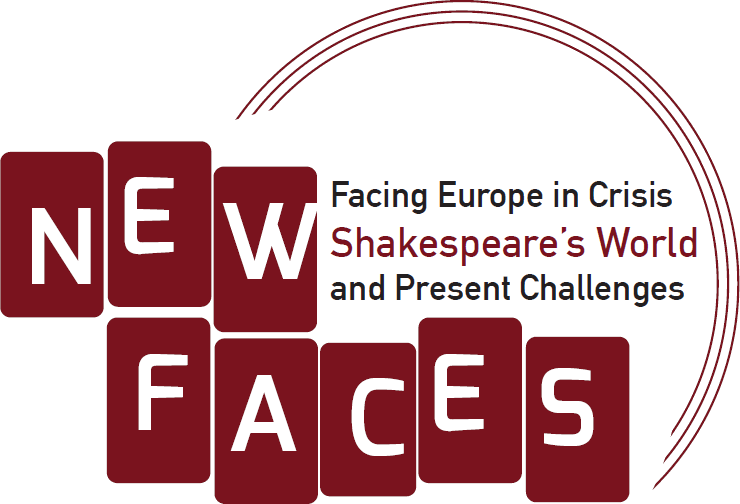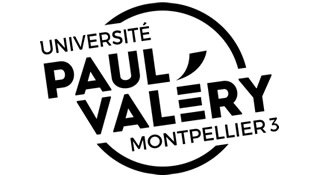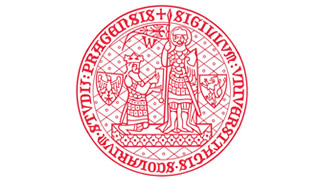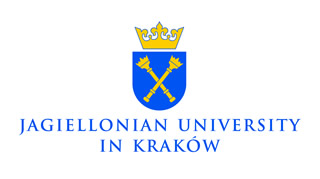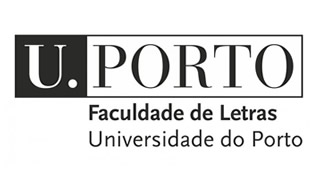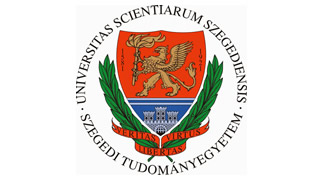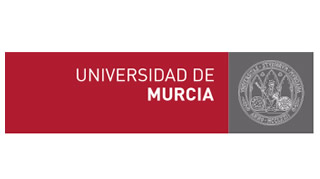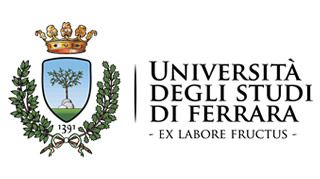EARLY MODERN AND POSTMODERN DRAMAS AND THEATRICALITY AS EXPERIMENTS IN AN AGE OF EPISTEMOLOGICAL CRISIS
Thematizing the analogies and affinities between the epistemological uncertainties in early modern and postmodern culture, recent critical literature contends that the emergent concept of subjectivity in the late Renaissance is associated with the idea of individual interiority. The fantasies of corporeality have in their social background an early modern obsession with the depth beneath the surface of things. The practice of dissection connects the early modern anatomy theatre and the emblematic public theatre as the two institutionalized social practices where the anatomy of corporeality and the anatomy of the mind both have ritualized and highly orchestrated dramaturgies. We can observe the same dissective investigation of corporeality and identity in postmodern drama, where the crisis of modernity is represented through fragmented and desubstantiated characters.
This seminar will rely on readings in the postsemiotics of the subject to trace the signs of the epistemological crisis in the representational techniques of selected early modern and postmodern plays.
Key-words: body, anatomy, representation, interiority, epistemological crisis, early modern and postmodern, world models, semiotic typology of cultures, subject, subjectivity, abjection, catharsis, emblematic theatre, tragedy of consciousness, essentialism, historicism, new historicism, cultural materialism, heterogeneity, self-fashioning, unconscious.
In the video, for 2019 New Faces edition, replace "welcome to Szeged" by "See you in Porto" (min. 3'35)
